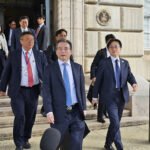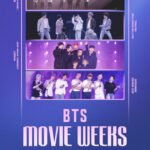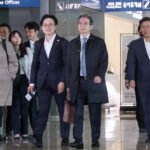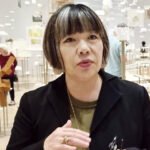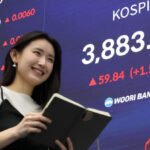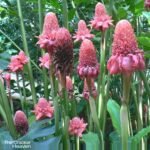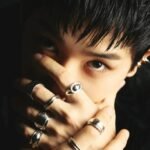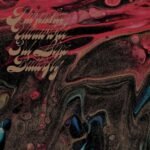Uniqlo Co., a Japanese fast fashion brand, is vigorously expanding brick-and-mortar stores in South Korea with the end of South Koreans’ boycott against Japanese goods and travels, attracting budget-conscious consumers amid the protracted inflation.
FRL Korea Co., which operates Uniqlo stores in South Korea, said on Friday it reopened an outlet within Dundun, a shopping complex in Dongdaemun, Seoul, after four years. The 1,558-square-meter store was shuttered in 2020 at the height of COVID-19.
It marked its second outlet opening this month after launching its largest offline store in South Korea within Lotte World Mall in eastern Seoul early this month.
Next month, it will add four more stores: three in Gyeonggi Province surrounding Seoul and one in the capital city of South Korea.
Fashion industry officials forecast Uniqlo to rake in more than 1 trillion won ($760 million) in sales in South Korea in 2024 for the first time in five years.
Founded in 2004, FRL Korea is a 51:49 joint venture between Japan’s Fast Retailing Co., the parent of Uniqlo and South Korea’s Lotte Shopping Co.
It had led the boom of specialty store retailers of private label apparel (SPA) in South Korea and operated up to 186 outlets at its peak in 2019 before COVID-19 struck.
Uniqlo has since scaled back domestic operations, reducing the number of stores to 127 in the country as of 2022.
It was among the hardest hit by South Koreans’ No-Japan boycott campaign launched in 2019 in retaliation of Japanese government’s control of imports of South Korean goods.
In its fiscal 2020 that ended in August 2020, FRL Korea swung to an operating loss of 88.4 billion won versus a 199.4 billion won profit the year prior. Its sales halved from 1.4 trillion won in fiscal 2019. In 2021, it bounced back to report an operating profit of 52.9 billion won.
Uniqlo is benefiting from the rise in South Koreans’ trips to Japan on the back of the yen’s weakness, which reduced their resistance to Japanese products.
As of the end of 2023, it runs 132 stores in South Korea. Last year, its operating profit jumped 23.1% on-year to 141.3 billion won, with sales up 30.9% to 921.9 billion won.
Some industry watchers, however, said the ascent of homegrown brands such as Topten and Spao could keep Uniqlo’s growth to pre-pandemic levels in check.
KKR-backed online fashion platform Musinsa has also bet big on offline sales by opening a slew of new fast-fashion stores under the Musinsa Standard brand.
By Hun-Hyoung Ha
hhh@hankyung.com
Yeonhee Kim edited this article

